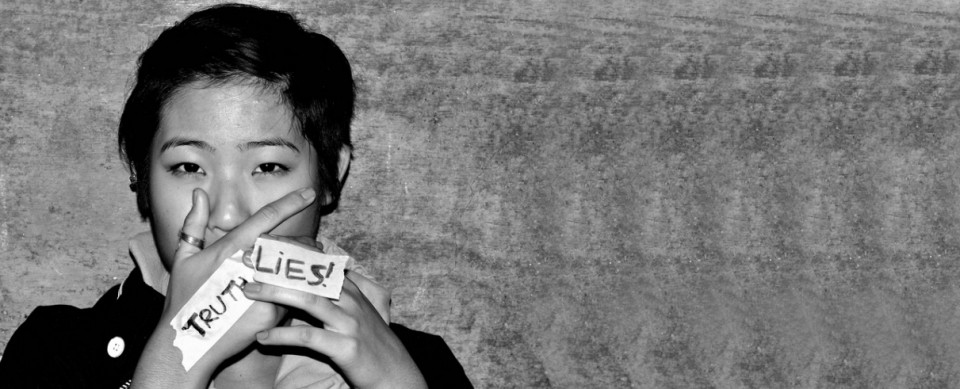Contrary to claims that autofiction rejects the goal of generating empathy, I will posit that Cusk’s works instead aim to produce what James Dawes calls “literary empathy.” Literary empathy, Dawes writes, does not necessarily advance human rights or overtly political goals, and “does not point past the reader,” but instead “points to the reader,” allowing readers to question their own capacity to empathise (431).
View More “Being understood creates the fear that you will never be understood again”: Literary Empathy in Rachel Cusk’s Outline TrilogyTag: Rachel Cusk
Authentic Violence: The Case for Autofiction
The recent surge in the publication and study of Life-Writing in its varied forms has largely been supported by the academic community, spawning dedicated research centres in academic institutions, journals and conferences and it…
View More Authentic Violence: The Case for Autofiction

